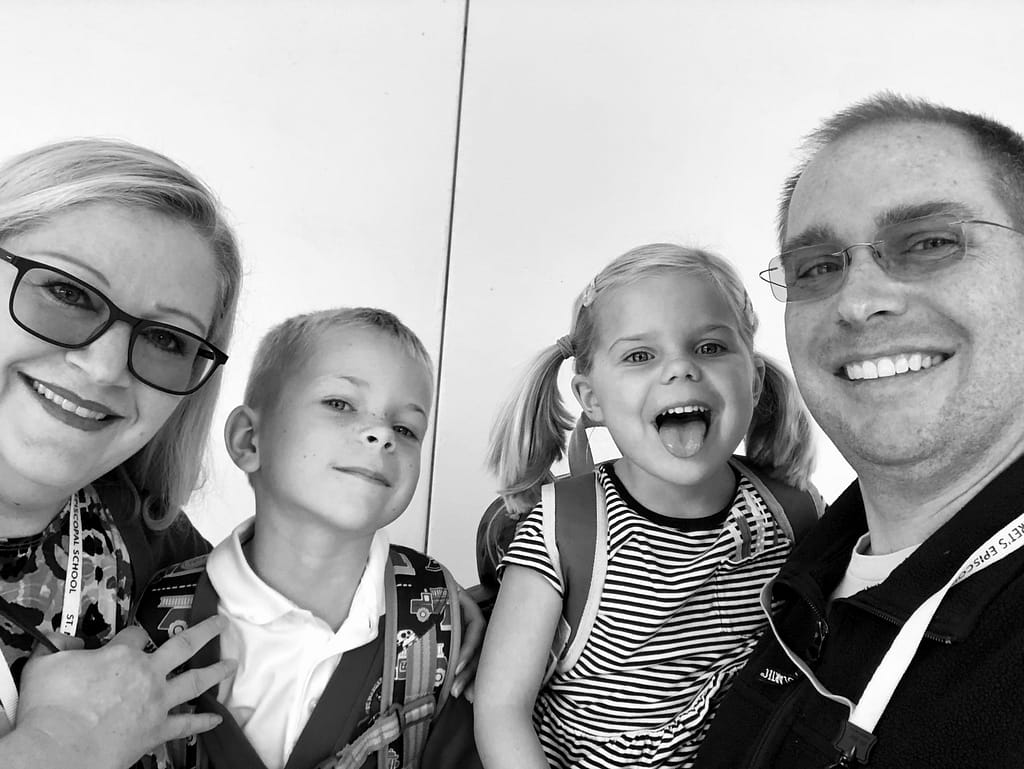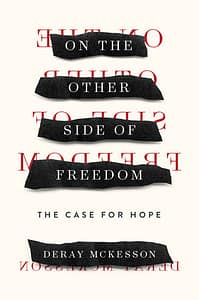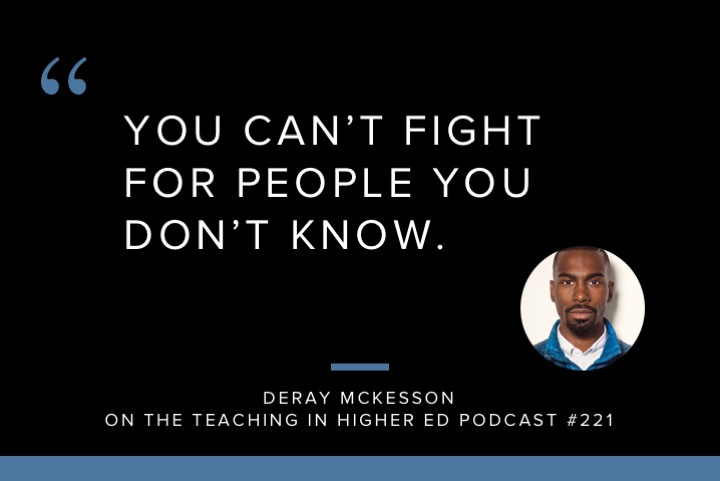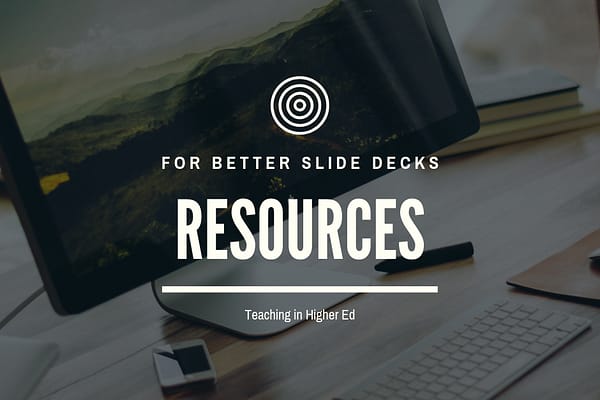
Dave and I met while getting our master’s degrees in organizational leadership. Later on down the road, we both pursued our doctorates together. Our marriage is stronger, in part, because we speak a similar language when it comes to leadership.
Our similarities go beyond our common discipline. We are also both pretty geeky (the Apple Keynotes used to be considered a romantic date around here), enjoy learning right along with our children, and we each have the privilege of getting to host our own podcasts.
Dave’s podcast is: Coaching for Leaders
Over the years, he has been able to interview some of the big names from our respective educations and lifelong learning pursuits:
- Peter Block (episode 328), author of The Empowered Manager: Positive Political Skills at Work (one of my all-time favorite reads from our graduate education, which recently had an update)
- Susan Cane (episode 44), author of Quiet: The Power of Introverts in a World That Won’t Stop Talking
- John Kotter (episode 249), author of Leading Change
- Adam Grant (episode 238), author of Give and Take
- David Allen (episode 184), author of Getting Things Done: The Art of Stress-free Productivity
Dave isn’t the only one in our family who gets to talk with authors we admire. I have been able to talk with many of the well-known writers in the higher education context for the Teaching in Higher Ed podcast, including:
- Stephen Brookfield (episodes 147, 98, & 15), author of The Skillful Teacher (and a gazillion other books)
- Ken Bain (episodes 146 & 36), author of What the Best College Teachers Do
- Cathy Davidson (episodes 169 & 28), author of The New Education
- Cathy O’Neil (episode 170), author of Weapons of Math Destruction
- James Lang (episodes 92, 210, & 19), author of Small Teaching

Last week, I had the absolute honor of getting to speak to another author, but someone writing in a different context. My conversation for this episode had me talking with the civil rights activist DeRay McKesson about his new book:
On the Other Side of Freedom: The Case for Hope*

Usually, when I have interviewed authors in the past, friends and colleagues have shared in the dialog about the person’s work, before I get to speak to the author. This time, I finished reading On the Other Side of Freedom at around 9:30 pm the night before I was scheduled to speak with DeRay and wasn’t able to bounce ideas and thoughts with anyone, in advance.
He was gracious in the few minutes we spent talking before the interview started. I had seen on Twitter that it was Aretha Franklin’s funeral, but it did take me a minute to decipher what he was saying about being in a rush to check out of his hotel and get over to Aretha’s coming home.
I try not to write too much on this blog about all the times I get nervous to interview someone for the podcast. If I considered myself to be a magnificent writer, maybe I would perceive that these kinds of stories would be fascinating to people. However, I can’t really continue with this story without mentioning that my entire body was bursting with adrenaline at this point. I kept giving myself all these instructions about what to say and what not to say to DeRay with every passing moment.
When he brought up Franklin’s passing, I instantly flashed to my college days. A friend had been talking about how much she liked her music, only she pronounced her name “urethra.”
I seriously think we have been getting decades’ worth of laughs over this moment in time by now. In my brief, introductory conversation with DeRay, I kept telling myself, “Don’t say her name. Don’t say her name. You know you’re going to get it wrong and he’s going to have the worst first impression of you. Don’t say her name.”
This was all happening in the context of me knowing that I can get confused over words. I once stood in front of over 100 human resources leaders and asserted that “It was a speculum.” What I had intended to say was “spectrum,” but that wasn't what came out of my mouth. After my awkward pause when I tried to determine if I had just said what I thought I had said, my reaction generated more laughter than I may have ever experienced when speaking. I think everyone was relieved that I could have a sense of humor about my mistake. I may also have endeared myself to them with my brief mention of our many visits to see specialists in our quest to try to have children. I do still avoid ever using the words spectrum or Aretha in my talks…
Knowing DeRay was in a hurry, I quickly started the interview. Fortunately, there are no significant blunders to share with you. Andrew, our podcast editor, did what he always does – and gracefully wove together the conversation into a glimpse into just a few of the stories from DeRay’s magnificent book*. I’m so glad to get to share our conversation with this community and hope you will take a listen if you haven’t already. DeRay's assertion that we “can't fight for people [we] don't know,” is another reminder of the importance of understanding the context in which our students enter their educational experiences.
Another Source for Pursuing Equity
Maha Bali, Associate Professor of Practice at the Center for Learning and Teaching at the American University in Cairo (AUC), shared on Twitter this week about another source for pursuing greater equity in our teaching.
Maha and her collaborators (Catherine Cronin and Mia Zamora) have welcomed their respective students and the world into their course entitled:
Equity Unbound: Making Borders Meaningless
They describe Equity Unbound as:
“…an emergent, collaborative curriculum which aims to create equity-focused, open, connected, intercultural learning experiences across classes, countries and contexts.”
The themes they are exploring include:
- Empathy and bias
- Equity
- Fake news
- Privacy
- Algorithms and data policies
- Digital wellbeing
Even if you don’t have time to participate, I highly suggest browsing the overview of each theme and check out the site resources.
As DeRay asserted in the interview I had with him, gaining knowledge about an issue is just the beginning. Whether it is reading On the Other Side of Freedom, or diving into some of the topics explored on Equity Unbound, I look forward to hearing what you are doing to take those next steps into action.





I am not a big podcast listener (which my friends always find strange since I am so immersed in language and technology and learning) but I enjoyed reading your post about the interview, and about the topic, and then the connection to Unbound Equity. This one phrase stuck with me: “… gaining knowledge about an issue is just the beginning.” You start somewhere, and hopefully, the knowledge moves you into action and change for the better. (Of course, what one sees as better, another may see as the opposite … thus, the modern political world, I suppose.)
Kevin